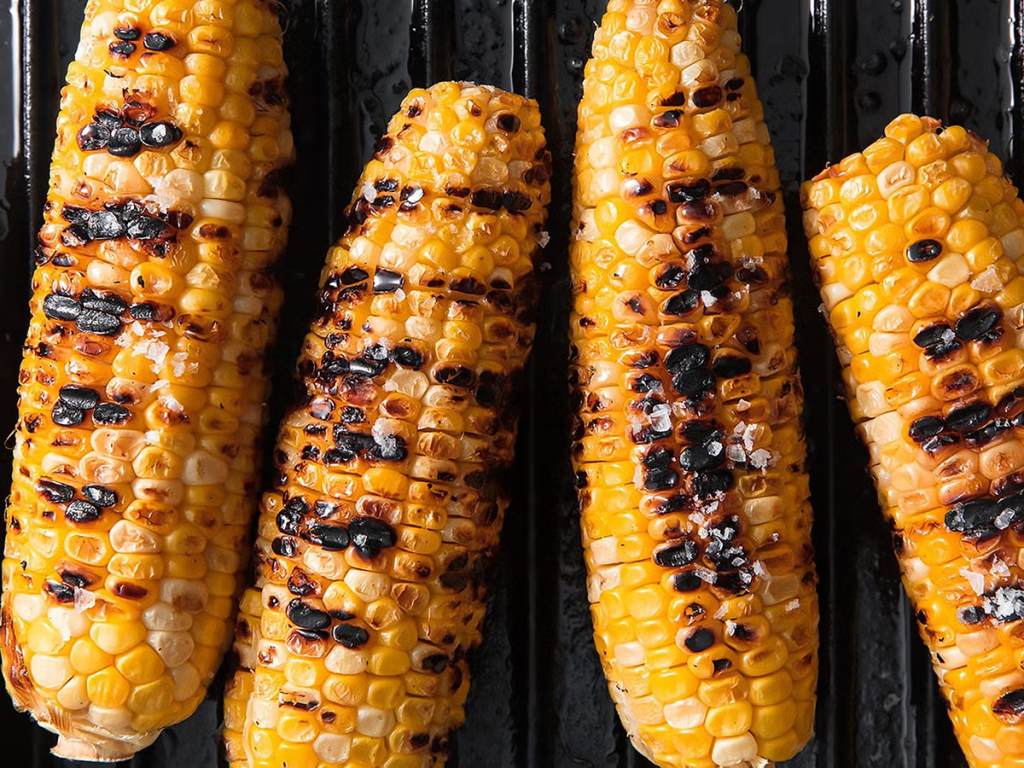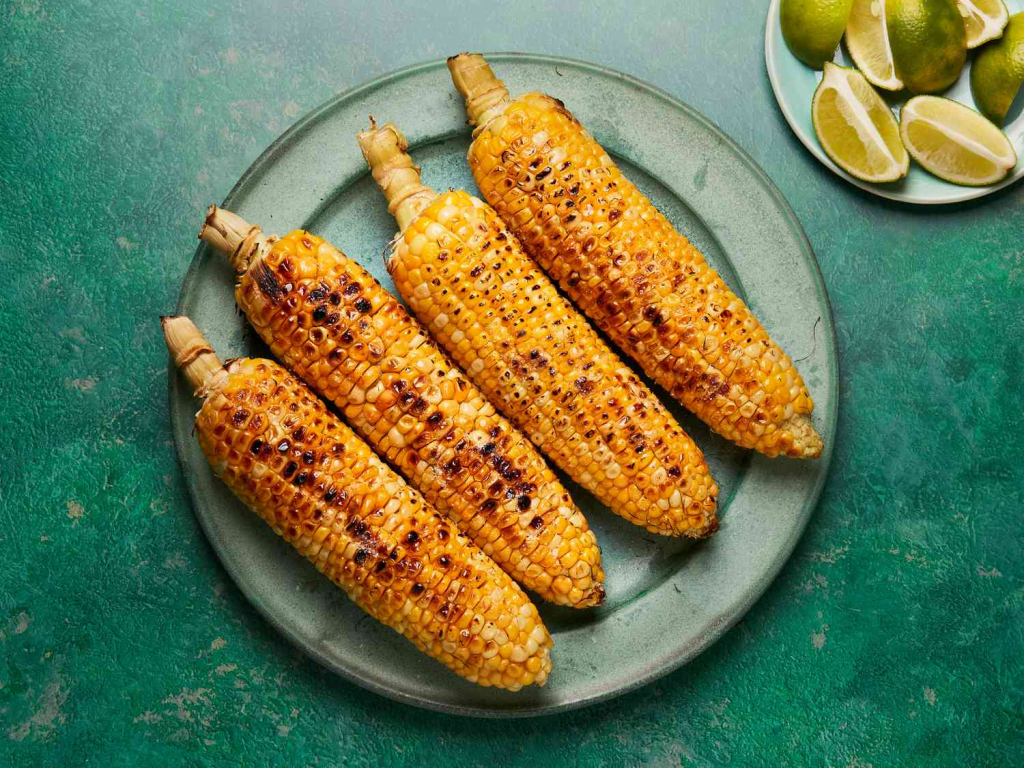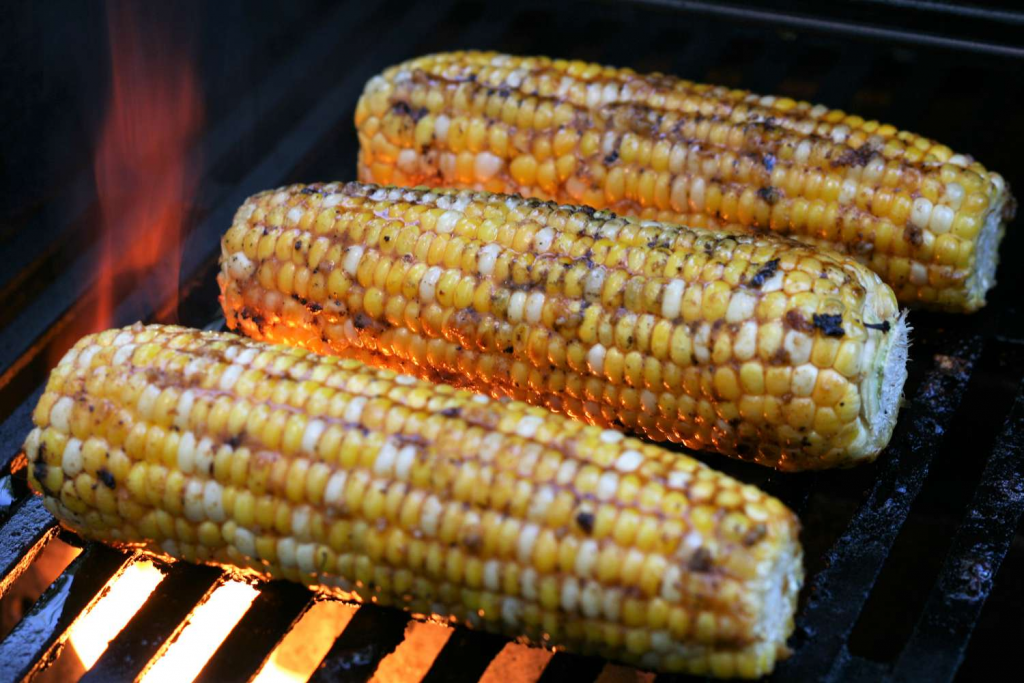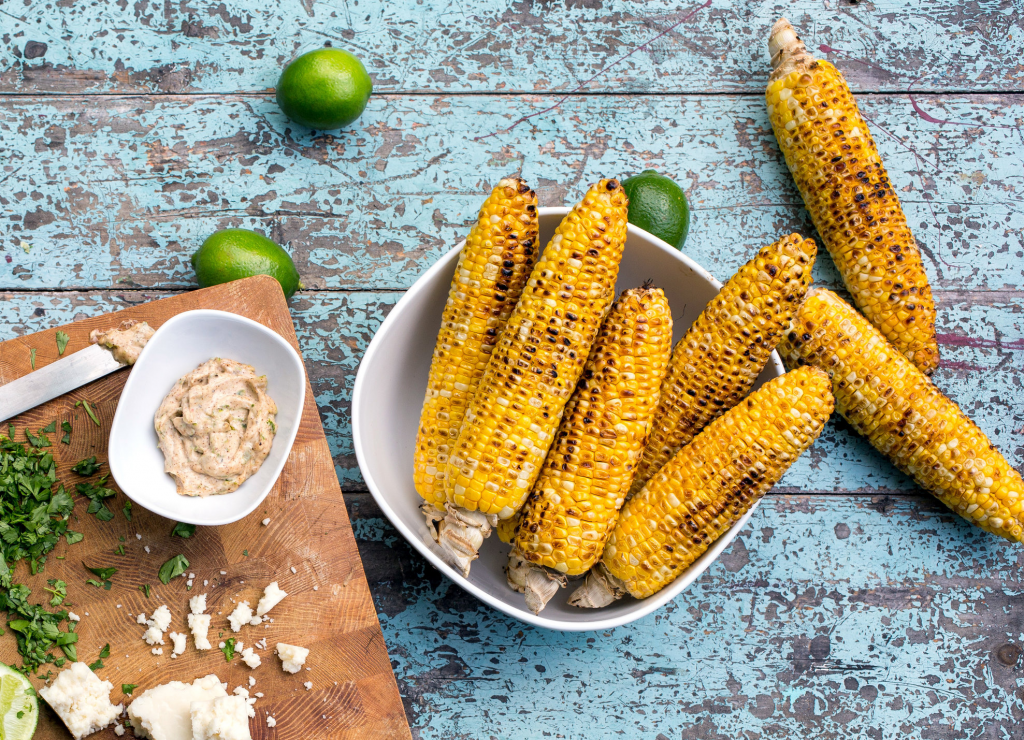Few foods capture the essence of summer quite like a piece of golden grilled corn. From backyard barbecues to street food vendors, corn on the cob—charred, smoky, and sweet—is a favorite across cultures. In fact, Americans consume more than 35 pounds of corn per person each year, much of it in the form of fresh sweet corn. But while grilled corn is delicious and packed with nutrients, there are important things you should know before making it your go-to snack.
Grilled corn has both benefits and potential drawbacks. Done right, it can boost your fiber intake, provide antioxidants, and even support heart health. Done wrong—over-charred or paired with too much butter and salt—it can contribute to health risks. This article reveals eight key things you should know before enjoying your next cob of grilled corn. Whether you’re a health-conscious foodie or simply love summer cookouts, these insights will help you make smarter choices without sacrificing flavor.

1. Grilled Corn Is Rich in Nutrients
Corn often gets dismissed as a starchy filler, but fresh sweet corn is surprisingly nutrient-dense.
- Fiber: Supports digestion and helps control blood sugar.
- Vitamin C: Strengthens immunity and protects skin.
- Vitamin B complex (especially B1, B3, B9): Essential for energy and nerve health.
- Magnesium and Potassium: Support heart health and muscle function.
- Antioxidants (lutein and zeaxanthin): Protect eye health and reduce risk of macular degeneration.
A medium ear of corn has only about 100 calories, making it a wholesome addition to most diets when eaten in moderation.
2. Grilling Can Boost Antioxidants—But Watch the Char
Cooking corn actually increases antioxidant activity, particularly ferulic acid, which helps fight inflammation and oxidative stress. However, excessive charring produces harmful compounds known as polycyclic aromatic hydrocarbons (PAHs) and heterocyclic amines (HCAs), which have been linked to cancer risk.
Tip: Aim for light charring, not blackened kernels. Rotate the cob often and avoid overexposure to direct flames.

3. It May Spike Blood Sugar If You’re Not Careful
Corn has a medium glycemic index, meaning it can raise blood sugar faster than non-starchy vegetables. For people with diabetes, eating grilled corn alone may cause spikes.
Practical Advice: Pair corn with protein or healthy fats, such as grilled chicken or avocado salad, to slow glucose absorption.
4. The Toppings Make or Break It
Corn itself is healthy, but what you add on top changes everything. A cob drenched in butter, salt, mayonnaise, or cheese can quickly transform into a calorie-heavy indulgence.
Smarter Options:
- Brush with olive oil and sprinkle with chili powder and lime.
- Add fresh herbs like cilantro or parsley.
- Use Greek yogurt instead of mayonnaise for creamy toppings.
| Topping | Calories | Health Impact |
|---|---|---|
| Butter + salt | 100+ extra | High saturated fat, sodium |
| Olive oil + lime | 40 | Heart-healthy fats |
| Greek yogurt + herbs | 50 | Protein boost, probiotic benefit |

5. Street Corn Can Be Delicious but Risky
From Mexico’s famous elote to Asian grilled corn stalls, street corn is irresistible. However, hygiene practices may vary, and toppings often include heavy sauces, cheese, or excess salt.
If you’re buying from a vendor:
- Check for freshness and cleanliness.
- Ask for lighter toppings or request it plain and season it yourself.
6. Corn Allergies and Sensitivities Exist
Though rare, some people are allergic to corn proteins, leading to symptoms like hives, nausea, or digestive issues. Others may have sensitivities to processed corn products but tolerate fresh corn well. If you experience discomfort after eating corn, consult a healthcare professional before making it a regular part of your diet.

7. It Supports Digestive and Gut Health
Corn is naturally high in insoluble fiber, which adds bulk to stool and promotes regular bowel movements. Some of its fiber also acts as a prebiotic, feeding healthy gut bacteria. This makes grilled corn a satisfying, gut-friendly food—just be mindful of portion sizes to avoid bloating.
8. Moderation Is Key for Balanced Diets
Like most foods, grilled corn is healthiest in moderation. Too much starchy corn in your diet may crowd out other nutrient-rich vegetables. The key is variety—enjoy corn as part of a balanced plate alongside leafy greens, lean proteins, and healthy fats.
Case Example:
A fitness enthusiast shared that after switching from heavy buttered corn to grilled corn seasoned with olive oil, chili, and lime, she cut down her calorie intake and felt lighter after meals, without giving up her favorite summer food.

Conclusion
Is grilled corn healthy?
Yes, when lightly charred and paired with healthy toppings, it offers fiber, vitamins, and antioxidants.
Should people with diabetes eat it?
Yes, but always pair it with protein or fat to prevent spikes in blood sugar.
What’s the healthiest way to enjoy it?
Grill lightly, use olive oil and herbs instead of butter, and keep portions moderate.
Bottom line:
Grilled corn is a delicious, nutrient-rich food that can be part of a healthy lifestyle when prepared thoughtfully. By being mindful of toppings, portion sizes, and cooking methods, you can savor every bite without worry.
This content is for informational purposes only and does not replace professional medical advice. Always consult your healthcare provider for guidance on dietary changes, especially if you have existing health conditions.




